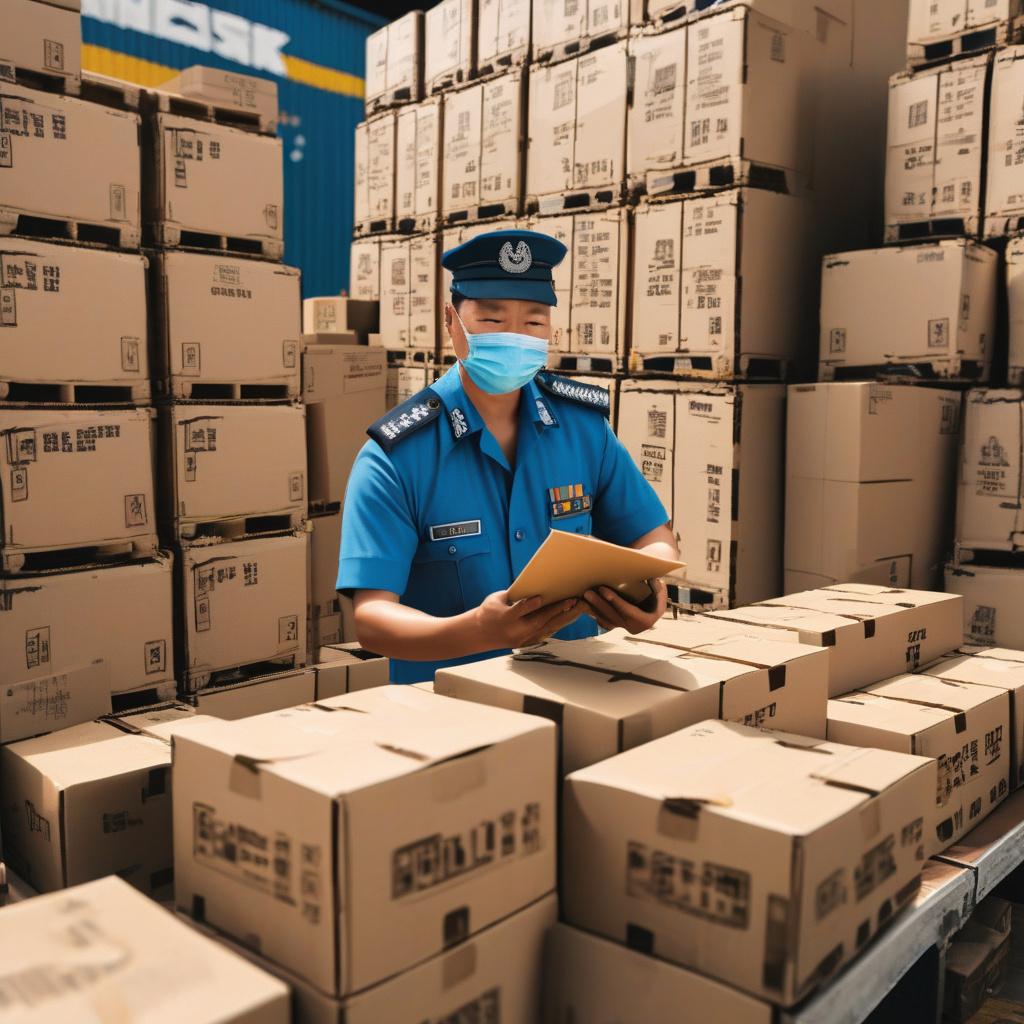Malaysia Strengthens Trade Controls on US AI Chips: What This Means for Global Trade
Malaysia has recently implemented a new regulation that mandates permits for the export of high-performance AI chips originating from the United States. The move comes as Malaysia aims to tighten its trade controls, close existing loopholes, and enhance compliance with international trade laws. This decision is poised to have significant implications not only for Malaysia’s trade landscape but also for global trade dynamics as a whole.
The enforcement of permits for the export of high-performance US AI chips marks a strategic step by Malaysia to regulate the flow of sensitive technologies and ensure adherence to global trade regulations. By requiring permits for the export of these advanced AI chips, Malaysia is proactively addressing potential concerns related to national security, technology transfer, and compliance with international trade agreements.
This new regulation is particularly crucial in the context of the ongoing technological advancements and the increasing importance of AI in various industries. High-performance AI chips are integral components in a wide range of applications, including data centers, autonomous vehicles, healthcare systems, and advanced manufacturing. As such, controlling the export of these chips is not only vital for safeguarding national interests but also for maintaining a level playing field in global trade.
The decision to enforce trade controls on US AI chips underscores Malaysia’s commitment to upholding the principles of fair trade practices and ensuring that technological advancements are leveraged responsibly. By closing loopholes that may have previously allowed unregulated exports of high-performance AI chips, Malaysia is taking proactive measures to strengthen its trade governance framework and align itself with international standards.
Furthermore, Malaysia’s move to require permits for exporting US AI chips sets a precedent for other countries to enhance their own trade controls on sensitive technologies. As the global economy becomes increasingly interconnected, the regulation of critical technologies such as AI chips is essential to prevent unauthorized proliferation and misuse of these advanced capabilities.
In conclusion, Malaysia’s decision to enforce trade controls on high-performance US AI chips signifies a significant development in the realm of global trade governance. By requiring permits for the export of these advanced technologies, Malaysia is demonstrating its proactive approach to regulating sensitive goods and technologies. This move not only enhances Malaysia’s compliance with international trade laws but also sets a precedent for other nations to strengthen their trade controls on critical technologies.
As Malaysia takes this bold step towards regulating the export of US AI chips, it sends a clear message about the importance of responsible trade practices and the need to safeguard sensitive technologies in an increasingly interconnected world.
Malaysia, US, AI chips, trade controls, global trade












